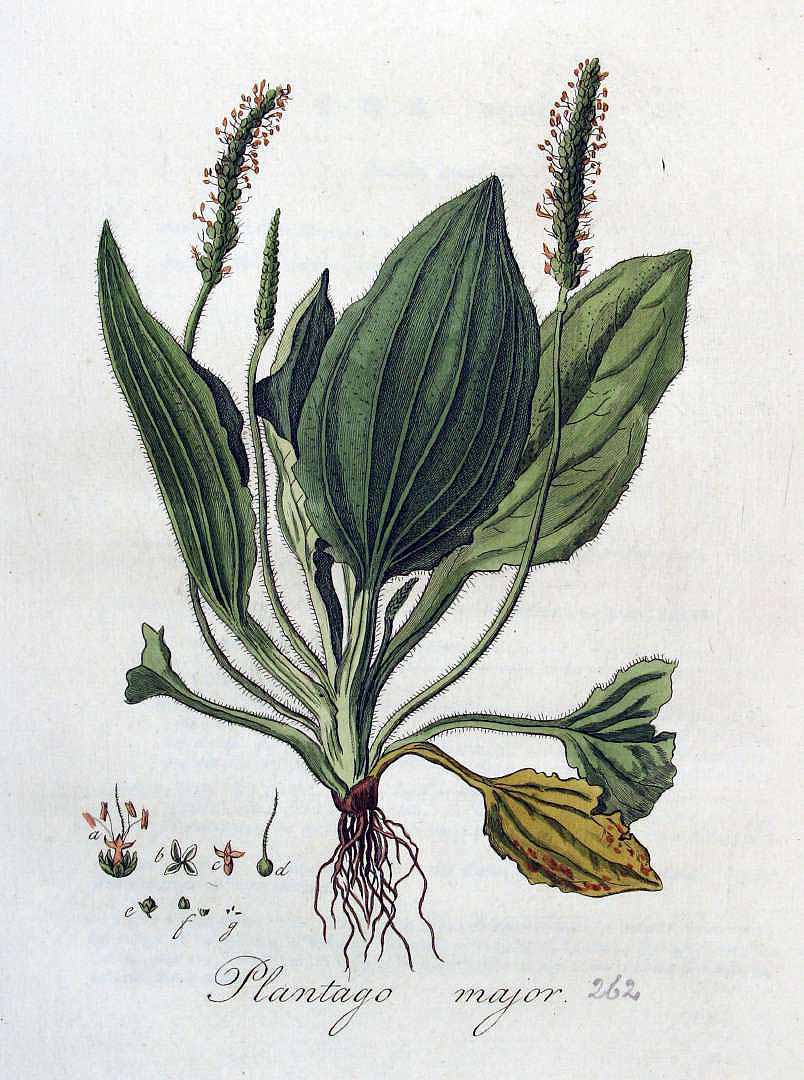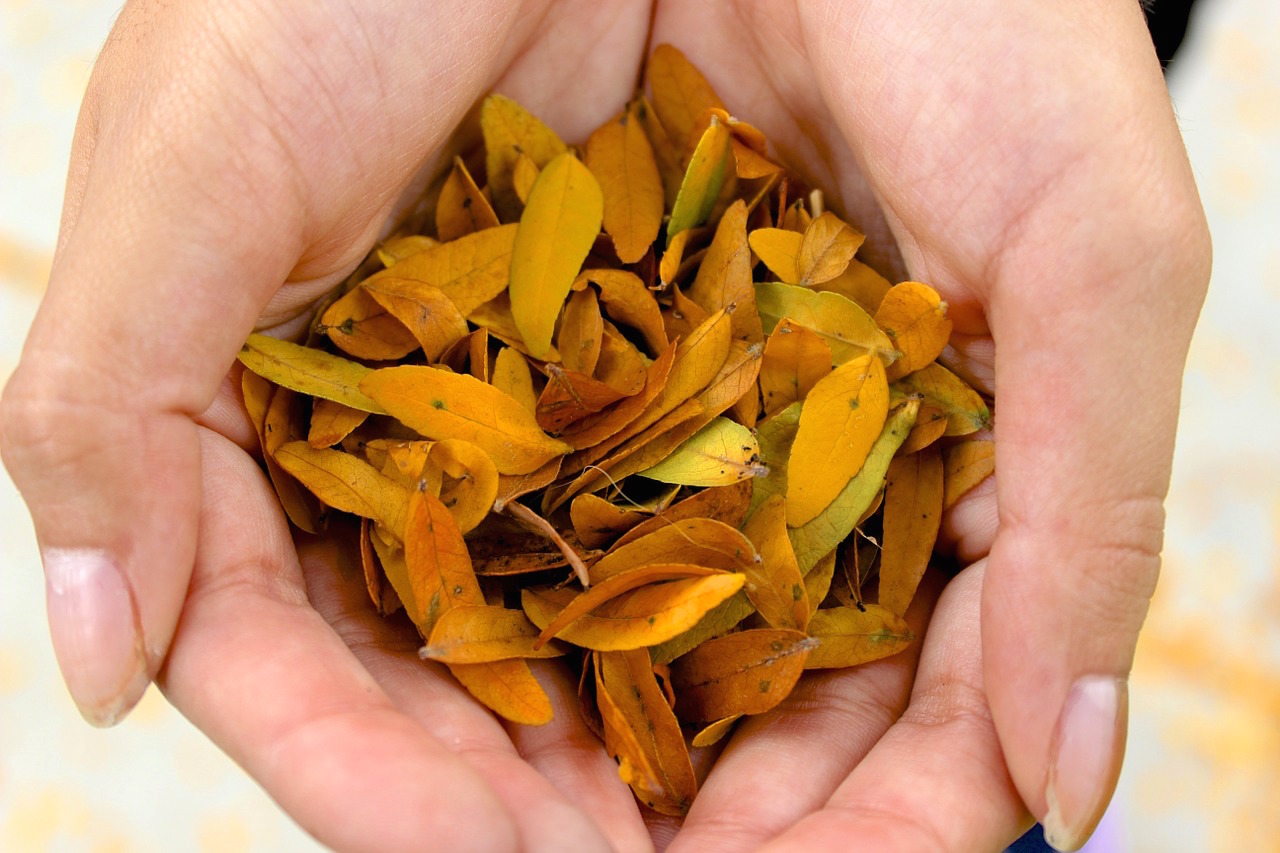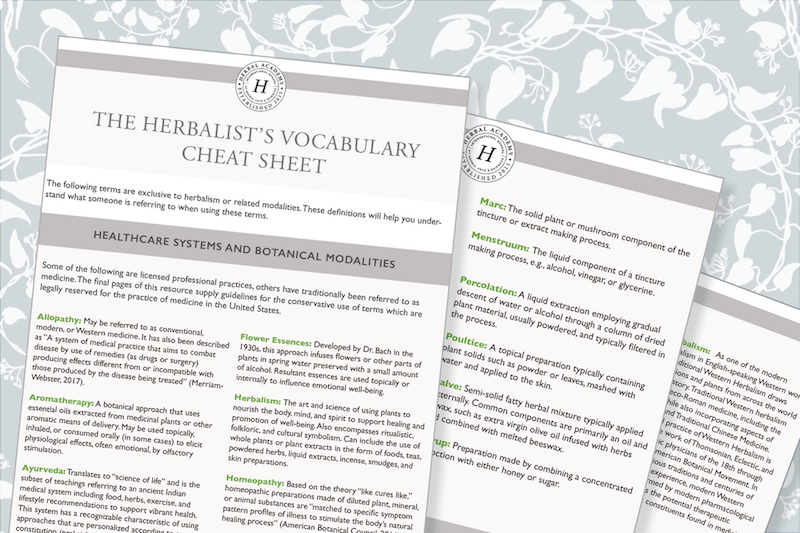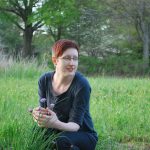
Speaking the Herbalist’s Language
There are a number of words that can give beginning herbal enthusiasts or students a reason to stop and scratch their heads. Even if you might know what a word like “decoction” or “ayurveda” means, you might not be sure of the pronunciation. Learning the herbalist’s language is no simple task! And with herbalism borrowing words from around the world, the scientific community, and ancient languages like Latin that are no longer spoken as a living language, even experienced herbalists sometimes pause! Here’s a look at four common types of herbal vocabulary and some resources to give you the confidence to navigate new herbal vocabulary with ease.
Tools and Preparations for Speaking the Herbalist’s Language
The proper way to say the things we make as herbalists can be difficult to guess. Decoction (de COK shun), tincture (TINK sher), and poultice (POL tiss) are just a few of the stranger words we use. Your best bet for learning this type of word is to look them up with an online dictionary or pronunciation guide.
The Merriam Webster online is a great resource. Each entry will usually have the pronunciation beside it, and you can simply click and listen. Taking classes or workshops with a local herbalist or at a festival or conference are other great places to learn this vocabulary. You may also consider Howtosay.com or Dictionary.reference.com.

International Traditions
Unique herbal traditions have been passed down in many parts of the world, giving us systems of herbalism such as Traditional Chinese Medicine, Unani-Tibb, Kampo, and Ayurveda.
Some words from the culture’s languages have been adopted in the West. Many of these words have yet to make it into common usage outside of herbalism, so it may be harder to track down a pronunciation guide. In order to have a standardized vocabulary that health care providers can use, the National Institute of Ayurveda has compiled a list of vocabulary in partnership with the World Health Organization.
You can find the list here: http://www.nia.nic.in/?ref=40

Plant Names
Plant names are usually a big question for herbalists – even experienced ones. With some herbs, slight regional variations can occur. An example of this is black cohosh. Most herbalists pronounce it “co-hosh” (rhymes with Go Josh), which is how Merriam Webster says it, but sometimes you may also hear “Co-’osh,” “Co-Wosh,” and even in such a way that it rhymes with “Go” and the ““Ho” in “Host.”
Not only do you become familiar with common names like cohosh, which can have slightly different regional pronunciations, you also have to contend with the botanical nomenclature.
Black cohosh’s botanical name is Cimicifuga racemosa, which looks like it should sound about the same way a sneeze sounds. The first part can be pronounced “sim ee SIFF yew guh” or “sim issa FEW ga.” Botanical nomenclature is based on Latin and Latin-esque invented words. The good news? Latin isn’t spoken by anyone at this point in history. It’s a dead language, so relax.
In fact, Utah State University has this to say about the pronunciation of botanical nomenclature on their Herbarium website:
There is as little point about worrying over the ‘correct’ pronunciation of scientific names as there is in worrying over which is the correct pronunciation of English words. It may be difficult to recognize a scientific name if it is spoken by someone from another part of the world BUT one can always recognize it when it is written out. In this, scientific names are no different from other words. Think how hard it can be to understand different versions of English. Nevertheless, it is advantageous to use the same pronunciation as the other people you work with. Just be prepared to modify your pronunciation if you move to another part of the world. (http://herbarium.usu.edu/)
Here’s another good example of how fluid pronunciations can be. Fuchsia is a flower name created from a person’s name- a German botanist with the last name Fuchs. Technically, it should be pronounced FOOK-see-ah. But it’s been mispronounced so long by Americans that it’s more or less fine to say FEW sha, and it’s even the official pronunciation given in the dictionary (http://www.merriam-webster.com/dictionary/fuchsia). It’s even often spelled fuschia now. (http://davesgarden.com/guides/articles/view/3332/)
Besides online dictionaries, two of our favorite online resources for checking botanical pronunciations are:
The Botanary: http://davesgarden.com/guides/botanary/
Overplanted.com: http://overplanted.com/resources/latin.php
Words from Medicine
Sometimes you will find words in the herbalist’s language that come straight from the medical lexicon. These words might come up in your studies when you are looking up herb-drug interactions, reading historical herbal texts, and conducting research for the sake of fully understanding a client’s health history or a loved one’s health challenges. The National Library of Medicine has an online medical dictionary that can help you out, with the option to listen to the words once you have looked them up with the search bar. If you are planning to become a professional herbalist and work regularly with clients, you may find that an apprenticeship with a clinical herbalist or an advanced course of study can help you navigate the more technical vocabulary you will need to know.

You Learn With Time
Even if you have searched for a pronunciation but haven’t been able to find an answer, don’t worry. We promise, we have all been there. If it comes up in conversation with another herbalist, it’s fine to ask! We all worry about appearing silly, but something as simple and dignified as “I’ve come across this word in my studies but I’m curious about the pronunciation. Do you mind to tell me how you say it?” is a great way to approach the topic. The point of all vocabulary is to make it easier to understand and be understood, and we all learn new words throughout our lives.
Learning the Herbalist’s Language Exercise
If you need a practical first step for studying the herbalist’s language, download the Herbal Glossary PDF and the Herb Inventory Checklist from the Introductory Herbal Course. Print them out and read through the list of words. When you come across a word that you aren’t quite sure how to pronounce, look it up online using one of the resources we’ve shared above. Over time, your vocabulary will grow and speaking the herbalist language will become more natural. Rather than be intimidated by new herbal vocabulary, just relax and enjoy your journey!
Download the FREE Herbalist’s Vocabulary Cheat Sheet!

Communication is a vital part of herbalism. What you say makes a difference! Download the Herbalist’s Vocabulary Cheat Sheet to expand your herbal nomenclature with a dictionary of essential herbal terms to know. This download also advises what words you can legally use in herbal communications and which ones to take caution with. Enjoy!
REFERENCES
http://davesgarden.com/guides/articles/view/3332/
http://davesgarden.com/guides/articles/view/3391/








